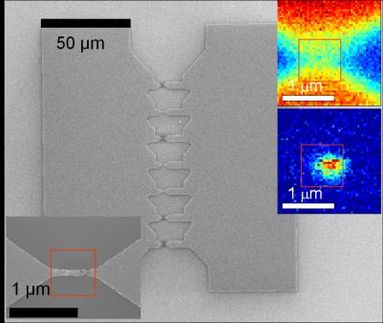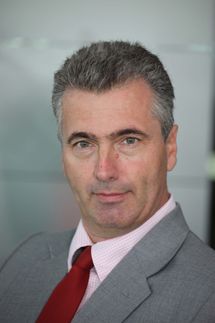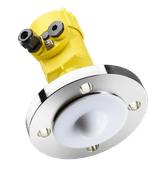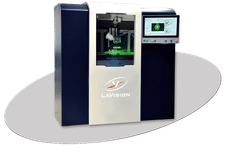DSM Awards for Chemistry and Technology 2004
Advertisement
Belgian researcher Filip Frederix won the first prize in the International DSM Awards for chemistry and Technology. An international jury selected Filip Frederix, a doctoral student at the Catholic University of Louvain, for his research in the field of biosensors. His work involved the development of sensors for biomedical applications. Frederix's work has made it possible to produce highly sensitive biosensors that enable certain types of blood tests to be performed quickly, easily and cheaply. His research project was a multidisciplinary blend of physics, chemistry, nanotechnology and biomedical technology. Frederix was presented with a cash prize of EUR 7,500 by Mr Jan Zuidam, the vice-chairman of DSM's Managing Board. The winner of the second prize, Jürgen Groll, received a cash prize of EUR 5,000, and the winner of the third prize, Nathalie Charlier, was presented with a cash prize of EUR 2,500. The other six prize-winners all received prizes of EUR 1,250.
Presenting the diplomas and prizes to the nine prize-winners at a ceremony held at Vaalsbroek Chateau in Vaals, the Netherlands, Mr Jan Zuidam, the vice-chairman of DSM's Managing Board, said: "This award underscores the importance we attach to innovation and fundamental research. It's also been gratifying to see that, this year for the first time, most of the nominees were women. The prospects for the future look good."
Since 2003, the DSM Awards have been open to candidates from three regions: the Netherlands, Belgium and the German state of North Rhine-Westphalia. Regional juries short-listed three candidates from their own regions from the large number of entries received this year. After the nine nominees had given presentations on their research to an international jury yesterday, the jury today announced the three prize-winners.
Encouraging pioneering research
The DSM Awards for Chemistry and Technology were founded in 1986 and are presented each year. The contest is rapidly becoming a major event on the international calendar. Until 2001, the contest was open only to doctoral students from research institutes in the Netherlands and Flemish-speaking Belgium. The catchment area was extended to Belgium's French-speaking region in 2002, and since last year, the contest has also been open to researchers from the German state of North Rhine-Westphalia.
The winners of the first, second and third prizes
Filip Frederix conducted his research at the Catholic University of Louvain, Belgium, under the supervision of Professor Guido Maes (Faculty of Chemistry) and Professor Gustaaf Borghs (Faculty of Physics and Astronomy).
Jürgen Groll conducted his research at the University of Ulm, Germany, as a member of the Organic Chemistry III / Macromolecular Chemistry Department, working under the supervision of Professor M. Möller.
Nathalie Charlier conducted her research at the Catholic University of Louvain, Belgium, as a member of the Medical Sciences Faculty, working under the supervision of Professor E. de Clerq and Professor J. Neyts.
Other winners
The other six prize-winners are:
Belgium : An Herreman (Catholic University of Louvain)
Germany: Carolin Peter (Westphalian Wilhelms University, Münster), Alina Buda (Aachen University)
The Netherlands : Pascal Jonkheijm(Eindhoven University of Technology), Anna Hotze (University of Leiden), Erik Offerman (Delft University of Technology)
Other news from the department science
These products might interest you
Most read news
More news from our other portals
See the theme worlds for related content
Topic world Sensor technology
Sensor technology has revolutionized the chemical industry by providing accurate, timely and reliable data across a wide range of processes. From monitoring critical parameters in production lines to early detection of potential malfunctions or hazards, sensors are the silent sentinels that ensure quality, efficiency and safety.
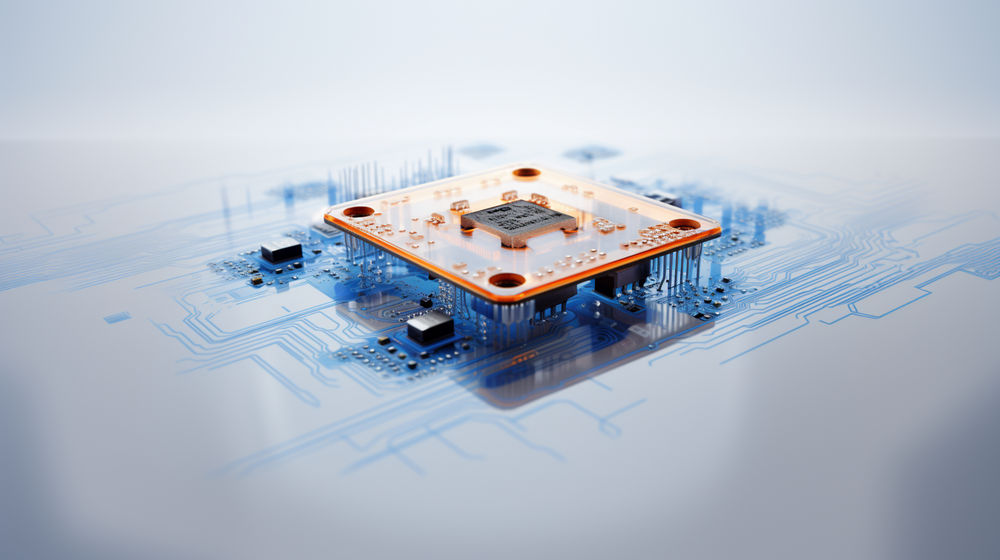
Topic world Sensor technology
Sensor technology has revolutionized the chemical industry by providing accurate, timely and reliable data across a wide range of processes. From monitoring critical parameters in production lines to early detection of potential malfunctions or hazards, sensors are the silent sentinels that ensure quality, efficiency and safety.



